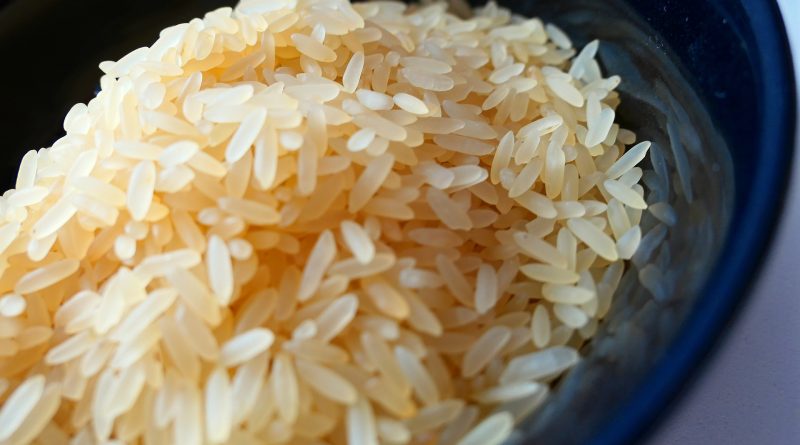Does My Pet Need a ‘Bland Diet’?
What is ‘Bland’ anyway?
Often when pets, especially dogs, have an episode of vomiting or diarrhea, families ask me about feeding their pets some form of “bland” diet until they’re feeling better. To some, this may mean they want to make their pet’s food as simple and non-irritating as possible. However, the nutritional needs of pets with an upset stomach can get complicated and the word “bland” can mean many things. For example, “bland” could mean non-tasty to some, easily digestible to others, while still others could consider it to mean fewer ingredients, reduced fat, or even both added- or no-fiber!
Including your veterinarian is important
Speak to your veterinarian about the specific issues that your pet is dealing with, and they will be able to guide the best diet recommendations for your pet. Your vet may recommend short-term feeding of a therapeutic diet designed for pets with gastrointestinal issues (often, lower in fat and easily digestible), or may recommend that you cook for your pet for a few days. There are many potential reasons why a pet may be having some temporary gastrointestinal upset, which is why working with your veterinarian is important and can reduce the risk that you choose a diet that will make your pet worse instead of better!
Considerations before cooking
A common, but not always safe, approach that some families try when their pet has occasional, short-term gastrointestinal issues is to cook for their pet for a few days. I have seen many families start to feed their pet meals made with only two ingredients – a protein and a carbohydrate. If you and your veterinarian discuss that this may be an appropriate short-term approach for your pet, one low fat example is cooked white rice and cooked chicken or turkey breast in a 2:1 ratio. For example, this would be 2 cups (approximately 300 grams) of cooked white rice and 1 cup (approximately 150 grams) of chopped baked chicken or turkey breast. You’ll want to remove any skin or bones and avoid any added seasoning or butter/oil to cook the meat (be aware that other meats like ground beef, regardless of how they are cooked, may be high in fat and worsen an upset stomach for some pets!). While chicken and rice may serve as a potential base for home-cooked diet recipe for short-term use, these ingredients alone are not a complete and balanced diet. A day or two of this unbalanced recipe will not cause deficiencies, but if fed long-term (weeks to months), this type of diet can cause serious harm to pets!
Most pets with occasional short bouts of vomiting or diarrhea can go back to their regular food after a few days (assuming it is an appropriate diet). If longer-term feeding of a home-cooked diet becomes necessary, it is important to use a recipe created by a Board Certified Veterinary Nutritionist® to ensure that the recipe is balanced, appropriate for the lifestage of their pet, and includes all 30+ essential nutrients in a bioavailable form (meaning those nutrients are not only in the diet, but are in a form that can be digested and used by your pet!). Always speak to your veterinarian before considering home-cooking long-term, as studies have shown that almost all online home-cooked diet recipes not from Board Certified Veterinary Nutritionists® are unbalanced or deficient in nutrients.
Written in conjunction with Tufts University student, Eli Halbreich.

